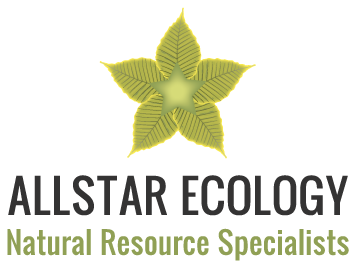Documenting the Past, Providing for the Future
Cultural Resource Management
Our Cultural Resource Management program provides our clients with the services and expertise needed to comply with federal and state cultural resources law while avoiding costly project delays.
Cultural Resources Include:
- Historic houses and bridges
- Cemeteries
- Native American mounds and trails
- Archaeological remains from the prehistoric to the recent past
Many of these resources are protected under laws such as the National Historic Preservation Act, which requires that impacts to important cultural resources are evaluated and mitigated though the Section 106 review process.
Desktop & Field Assessments
AIIStar has conducted numerous cultural resource assessments throughout West Virginia and Ohio. These desktop and field assessments are often done for due diligence and are a cost effective way to identify culturally sensitive areas early on, allowing projects to be moved or modified, if possible, or for Cultural Resource Management work to be completed well in advance of construction deadlines. AIIStar’s Cultural Resource Management staff is fully trained in the use of GPS devices and GIS mapping and can produce detailed maps and shapefiles to assist with project re-designs.
Archaeological & Architectural Surveys
AIIStar’s Cultural Resource Management staff is fully qualified to conduct cultural resource surveys for compliance with Section 106 or other federal and state laws and includes principal investigators who are recognized by West Virginia, Ohio, and Pennsylvania. With extensive experience in the completion of archaeological surveys for the presence/absence of resources (Phase I) and their evaluation for the National Register of Historic Places (Phase II), as well as historic architecture surveys, AIIStar prides itself on professional field methods and report writing that are completed in a timely manner and tailored to each project. After the completion of field surveys, AIIStar is able to complete associated services in-house, such as artifact analysis and curation, deed searches, historical background research, cemetery recordation, and GIS mapping and viewshed analysis.
Section 106 Mitigation
When impacts to a culturally significant resource cannot be avoided, AIIStar is ready to assist clients with a range of onsite or offsite mitigation options. In addition to negotiating and preparing Memorandums of Agreement, AIIStar can complete almost all mitigation measures in-house, including Phase lll archaeological surveys to mitigate impacts through data recovery, consultation with local historic preservation groups and members of the public, restoring cemeteries, preparing material for brochures or roadside markers, writing local histories, and preparing artifact collections for donation. Our experienced CRM staff will work with clients to maintain good relationships with SHPO and government agencies, while also completing work within project budgets and schedules.
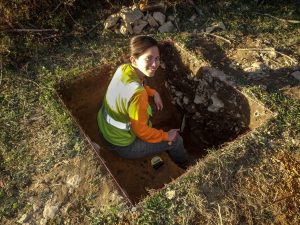 Charity Moore – charity@allstarecology.com
Charity Moore – charity@allstarecology.com
Principal Investigator, Archaeology
Charity Moore is an archaeologist at AllStar Ecology and has worked on a variety of archaeological and cultural resource management projects in WV, PA, and OH. She has experience with Phase I, II, and III archaeological excavations, artifact analysis, archaeological report writing, and conducting Section 106 consultation with State Historic Preservation Offices.
RECENT PROJECTS
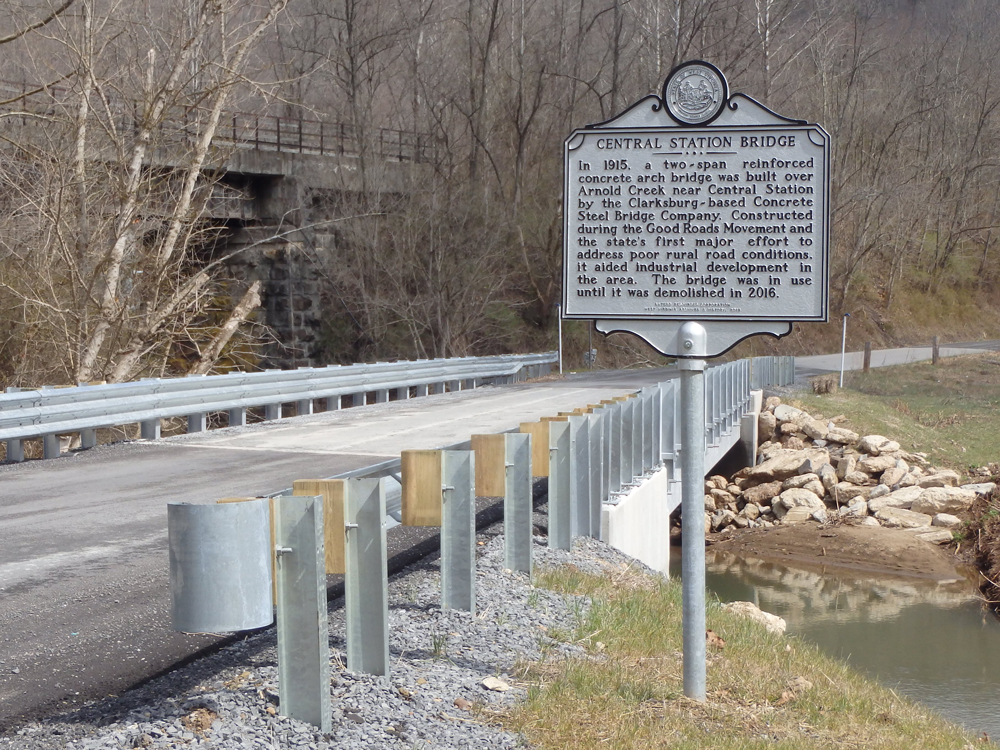
Memorandum of Agreement for Central Station Bridge
In advance of the replacement of the 1915 Central Station Bridge in Doddridge County, WV, AllStar facilitated a Memorandum of Agreement with federal and state agencies, then coordinated the completion of the mitigation stipulations. These included documentation by an architectural historian, donation of bridge plaques to a historical society, and sponsorship of a roadside historical marker.
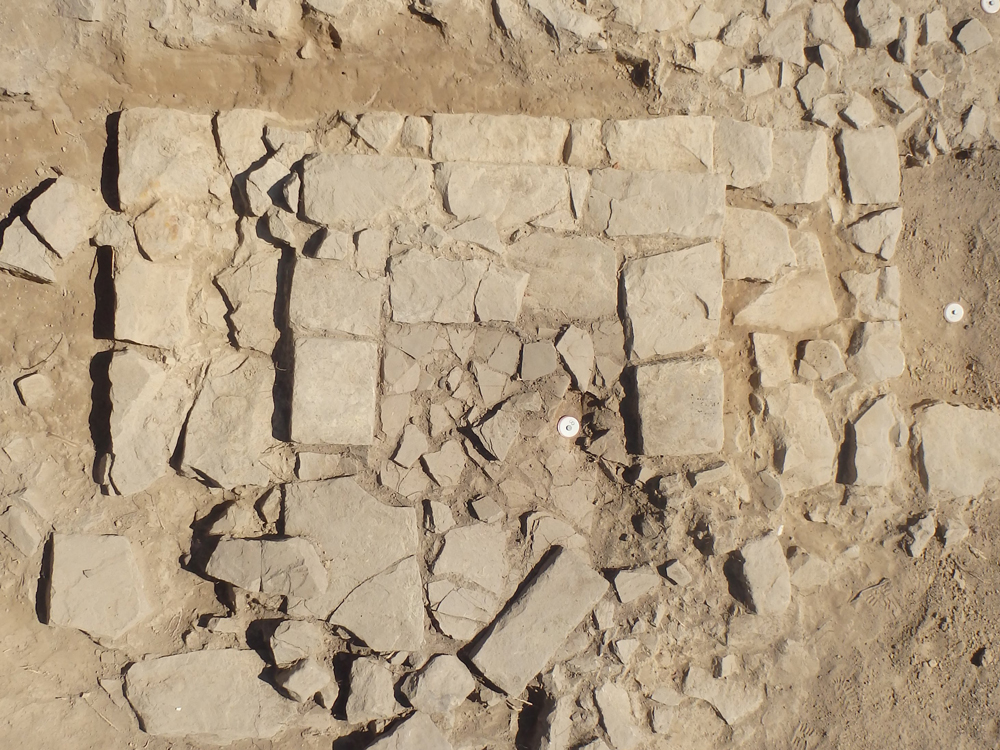
Farmstead Phase II Archaeological Data Recovery
AllStar conducted a Phase III archaeological data recovery for a nineteenth century farmstead in Doddridge County, WV. We worked with WVSHPO to develop a methodology that maximized data recovery. Work included hand-excavation of foundations and refuse pits, topsoil stripping, paleobotanical and zooarchaeological analysis, CC Index calculations, and intersite comparison.
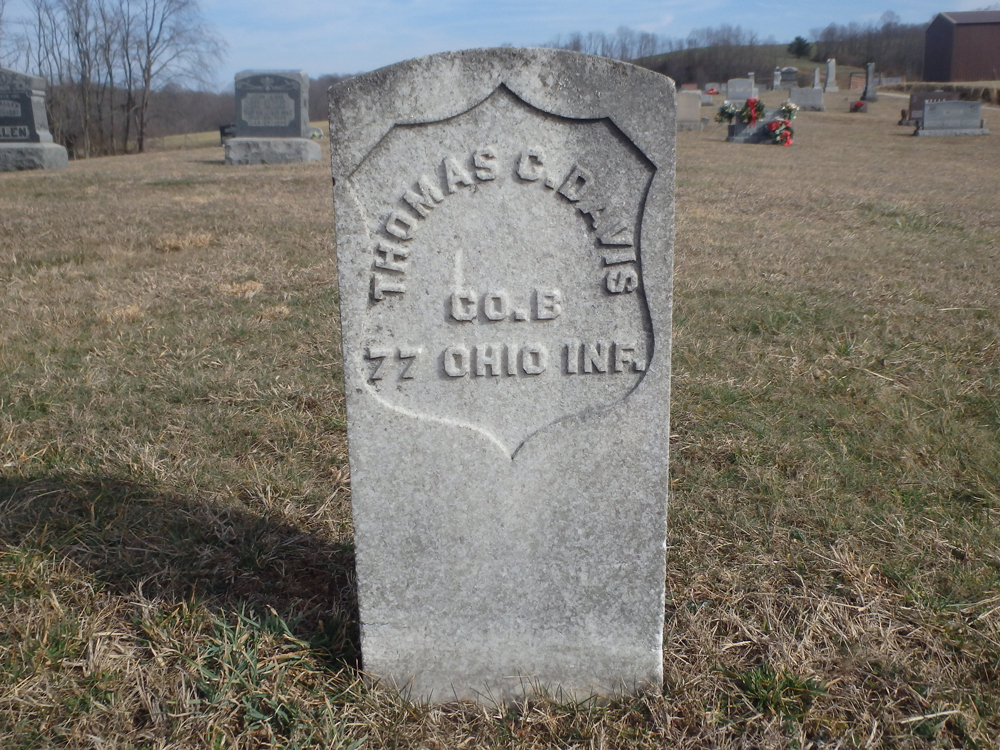
Multi County Pipeline Surveys
At the request of WVSHPO, AllStar completed archaeological, architectural, and cemetery surveys for a pipeline in Pleasants and Tyler Counties, WV. As a result, 13 new cultural resources were investigated and documented. These included turn-of-the-century houses and farms, associated archaeological deposits, prehistoric lithics, a 1910 church, and a cemetery associated with the first religious group in the area.
NEWS
AllStar Ecology Q1: A Recap
While the weather has been chilly and keeping some hunkered down, AllStar Ecology has been throwing on our long johns, brewing extra coffee, and watching the sunrise in the field. Oh yes, and we should mention the work we've been doing!Our Bat Crew delivered a...
Archaeology Staff Writes for WV Explorer Magazine
Since 2019, one of AllStar Ecology’s cultural resource management (CRM) staff has volunteered ocassionally as an archaeology correspondent for the West Virginia Explorer. The West Virginia Explorer is an online magazine designed to “investigate West Virginia and its...
Section 106 Compliance: Six Things You Should Know
The law may require that your project is evaluated for impacts to archaeology, cemeteries, old architecture, historic viewsheds, etc. Often called “Section 106 review,” this process involves consultation with the State Historic Preservation Office (SHPO), who may...
